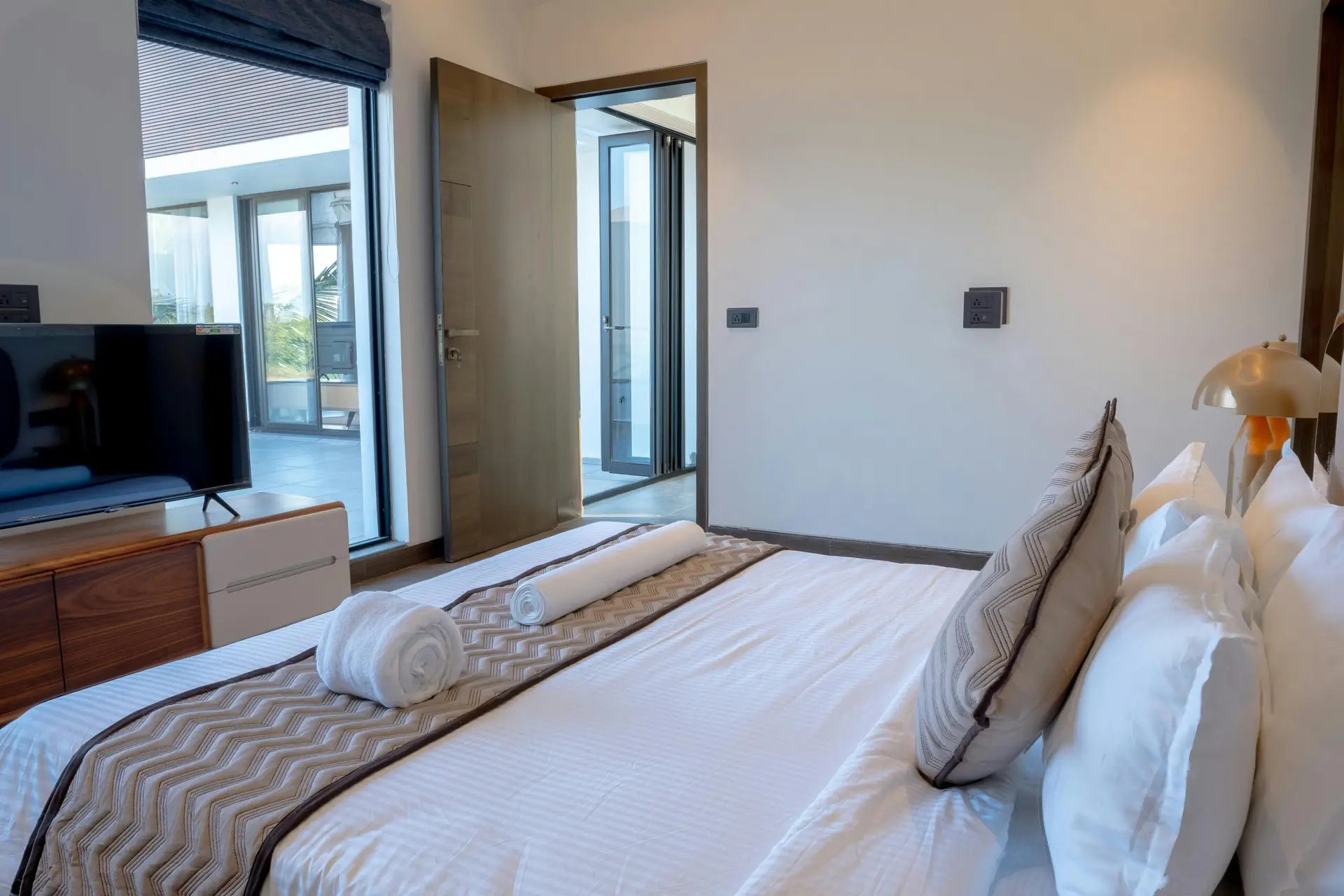 Travel
Travel
Vivienda vacacional, or holiday rental housing, has become increasingly popular in the Canary Islands, one of Spain’s premier tourist destinations. These types of accommodations allow property owners to rent their homes to tourists for short stays, offering an alternative to traditional hotels. The rise of platforms like Airbnb and Vrbo has fueled this trend, providing visitors with more diverse lodging options, from apartments and villas to rural homes.
The Canary Islands, with their year-round mild climate, stunning beaches, and volcanic landscapes, attract millions of tourists annually. Vivienda vacacional provides tourists with the flexibility of staying in unique, often more affordable accommodations while experiencing a more local and personal atmosphere.
However, the growth of vacation rentals has raised concerns about housing availability for local residents. Critics argue that the surge in short-term rentals drives up property prices and limits the supply of affordable housing, especially in popular areas like Tenerife, Gran Canaria, and Lanzarote. In response, regional authorities have implemented regulations requiring property owners to register their rentals and comply with zoning and safety regulations.
While these regulations aim to balance tourism’s economic benefits with housing concerns, the debate over vivienda vacacional continues, reflecting the broader challenges of managing tourism and housing markets in the Canary Islands.
